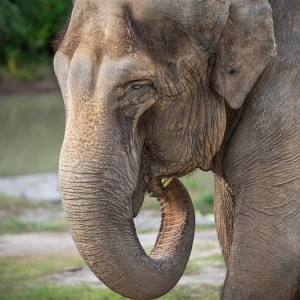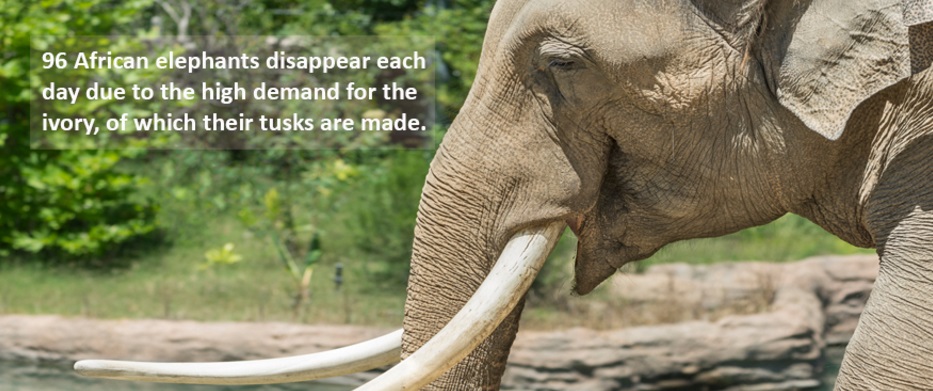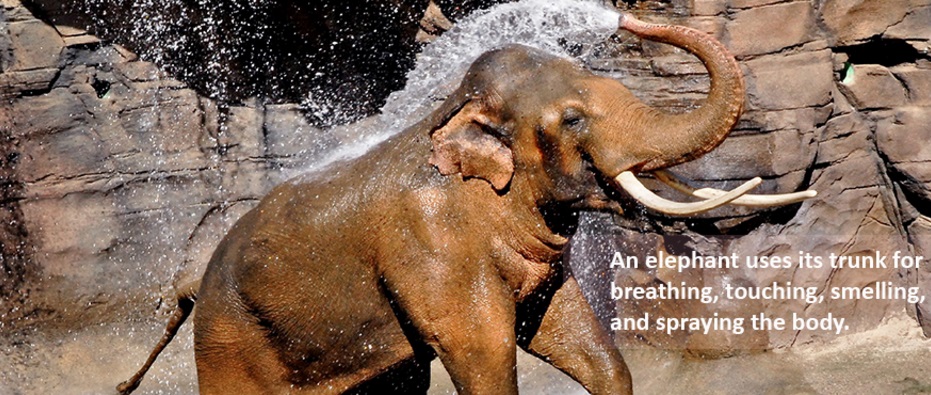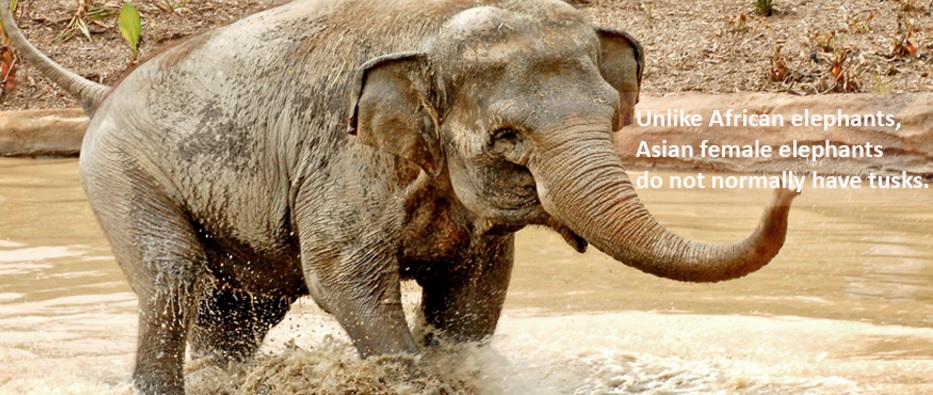 Dates: August 12 and 13, Sat. & Sun.
Dates: August 12 and 13, Sat. & Sun.
Time: 10 a.m. to 4 p.m.
Experience a fun-filled weekend of educational activities and entertainment at the L.A. Zoo in celebration of World Elephant Day (August 12), and become part of an international effort to safeguard Asian and African elephants.
Visitors will have the rare opportunity to explore our state-of-the-art Elephants of Asia exhibit with barn tours and demonstrations of daily enrichment activities for our three elephant residents. See how they’re cared for at the Zoo and get insights into their behaviors and characteristics, such as how elephants use their trunks as tools.
For the Kids
Conservation Craft Station
Make an “imprint” on conservation by designing a personalized card to be added to a colorful large-scale display at the Thai Pavilion.
Toy Elephant Check-Up
Bring a cuddly elephant friend for an educational “examination” at our pop-up toy medical clinic and receive a certificate of health.
Barn Tours (11 a.m. – 3 p.m.)
Go behind the scenes at the state-of-the-art Elephants of Asia exhibit to see how our resident elephants are cared for and get insights into their behaviors and characteristics.
Boomer Ball Play Path
Try one of our elephants’ favorite enrichment activities and see how well you do.
“Trunks as Tools” Education Station
Discover all the fascinating ways that elephants use their dexterous noses.
Action Station
Learn about Zoo-supported elephant conservation efforts and what you can do to help.
96 Elephants
Visit our 96 Elephants education station to learn about the challenges elephants and other tusked animals face in the wild and get information about California Assembly Bill 96 (AB96), which seeks to ban the sale of ivory in order to protect these magnificent creatures from poaching. If, after learning about the issue, you’d like to voice your support and help spread the word, do so on social media using #elphie and #JoinTheHerd. To learn more, please visit: 96 Elephants
Have You “Herd” these Elephant Facts:
• Elephants use their ears for hearing, communication, and cooling.
• The Greek word elephas, from which both the Latin and English names are derived, means “ivory.”
• Elephants are the largest land mammals.
• The trunk is an elongation of the nose and upper lip, powerful enough to lift whole trees, and very is sensitive.
• Elephants appear to walk flat-footed but actually walk on their toes. The heal is thickly cushioned and padded with elastic tissue.
• Elephant herds are led by a matriarch, who is the oldest, most experienced female.
• Elephants spend 18-20 hours per day foraging and consuming food.
• Elephants communicate via touch, postures and sound, but their low-frequency sounds are unheard by the human ear and can travel through the ground, up to two and a half miles or more.
• The Asian elephant is revered in Hindu and Buddhist mythology as the source of life and respected in Indian culture as a bringer of good fortune.
• The majestic Asian elephant has lived, worked, and even fought side by side with humans for over 4,000 years.
• Females have one calf every four years. Pregnancy lasts for an amazing 18 to 22 months!











